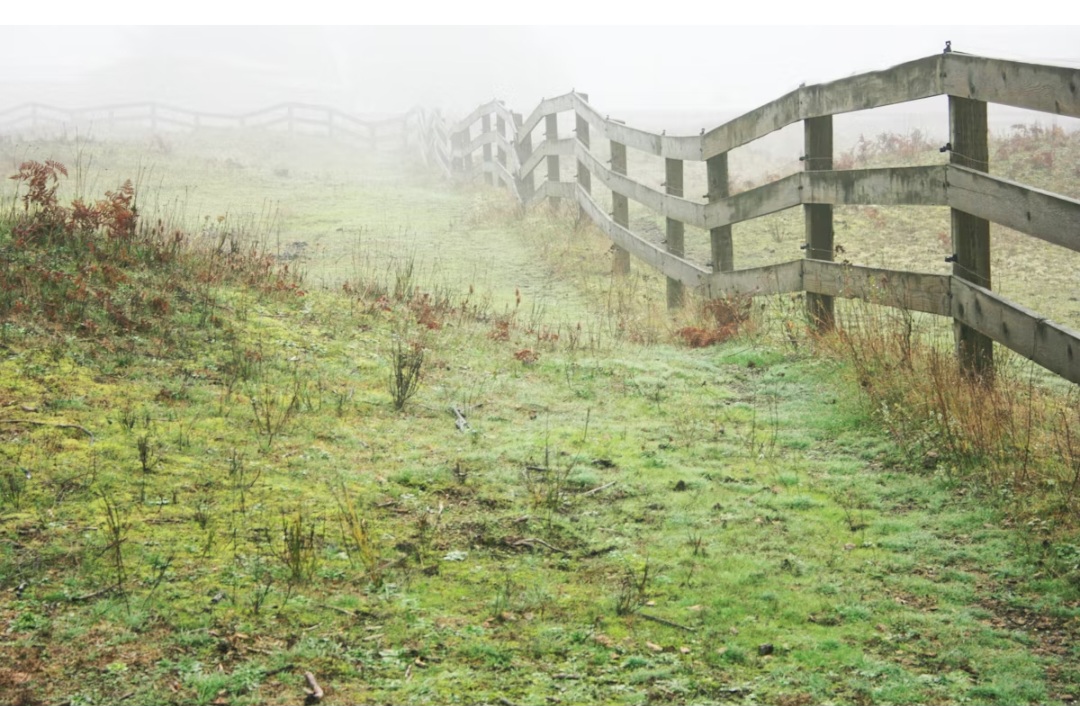October 2025
I’ve been in the garden, hunched over flower beds, focused on what I can plant out that will make the flower pots pop with colour when Spring returns next year. It got me thinking about the regularly used metaphor of planting seeds and encouraging growth as an act of emotional self-care.
As the year turns again and we move towards Autumn, it feels like a good opportunity to undertake a quick self-care audit and review what seeds we’ve abandoned, to re-visit any lost promises we may have made to ourselves and to see if anything might still hold some untapped potential. (As I type this, the ones that come to my own mind are those declared, giggling and wobbly-legged on January 1st amidst the usual New Year resolution tropes).
Taking time to understand the possible reasons for abandoning these pledges can be useful, there can be hidden insight in exploring our reluctance to hold on to them. Questions to ask ourselves might be: were the goals unrealistic, was it all too time consuming, painful or just a bit dull? Was it scary or instead a familiar and repeated act of self-sabotage?
Exploring boundaries can be useful here too. For example, historically, I was always the first to complain that I was too time-short to do the things I love. A couple of years ago I’d signed up to a CPD course – it was a lazy Sunday morning and I was still half asleep and propped up in bed as I pressed the ‘pay here’ icon on the webpage. When the course prospectus dropped into my email inbox, I was horrified at how content rich the course was. How on earth was I going to find the time to do it?
I mentioned this to the tutor a few weeks later, his answer was simple: What are you willing to give up for a year whilst you complete the course? His comment landed heavily at first, but then as I began to open up to the idea, I started to identify where I was spending time ineffectively. This was going to call for boundaries – indeed, this was going to call for a boundary of the boundaries!
The topic of boundaries is always a frequent visitor to my office, in my work as a therapist they appear in many guises. Some boundaries are an essential facet of the contracted work I do with clients; other boundaries may manifest as areas where clients need to exercise a more robust form of self-care.
I’ve shared with clients that if I am going to engage with my own self-care practices, I actually have to literally book an appointment with myself in my work diary. For me, this practice works and is the only way I will take my own time seriously. So, I currently have a new piece of sheet-music to learn and a loved-ones 2026 planned birthday gift of a watercolour to finish – and since it is booked into the work diary, it is ‘self-care-law’.
Another approach to boundaries that I’ve recently started to apply is to ask myself a really simple question. Will my future-self thank me for this, or will it just pi££ her off? This can be useful when a situation emerges, and I can sense a boundary being pushed against.
Entering into a dialogue with my future self, rather the guilt-ridden ‘shoulds’ or ‘musts’ of the present, can feel grounding. Put quite simply – how will the outcome of this boundary keep me safe, balanced or more secure in the next hour/day/month/year? More importantly, how might the abandonment of this boundary cause me mild annoyance, distress or harm?
Boundaries can sometimes take a certain bravery. They aren’t always easy to establish or to maintain but they are essential to our wellbeing. Interestingly, in her book Untamed, author Glennon Doyle suggests that if on occasion, maybe whilst reflecting on the day, you notice an uncomfortable feeling that hints at a sense of guilt – maybe for saying a non-negotiable ‘no’ to something or someone – then take the opportunity to reframe it. Doyle suggests that instead of feeling awkward, we should celebrate this feeling as a signal that we have maintained a boundary and protected ourselves – it’s a useful exercise. Note: self-focus should never be confused with selfishness, these are two completely different things.
Most importantly, at the heart of these boundaries, whether you have said ‘no’ to a request and meant it or squirrelled aside thirty uninterrupted minutes to engage in some self-care – they hold the key to the fostering of self-compassion and an inner-kindness.
These are your seeds. Your future-self will thank you.
